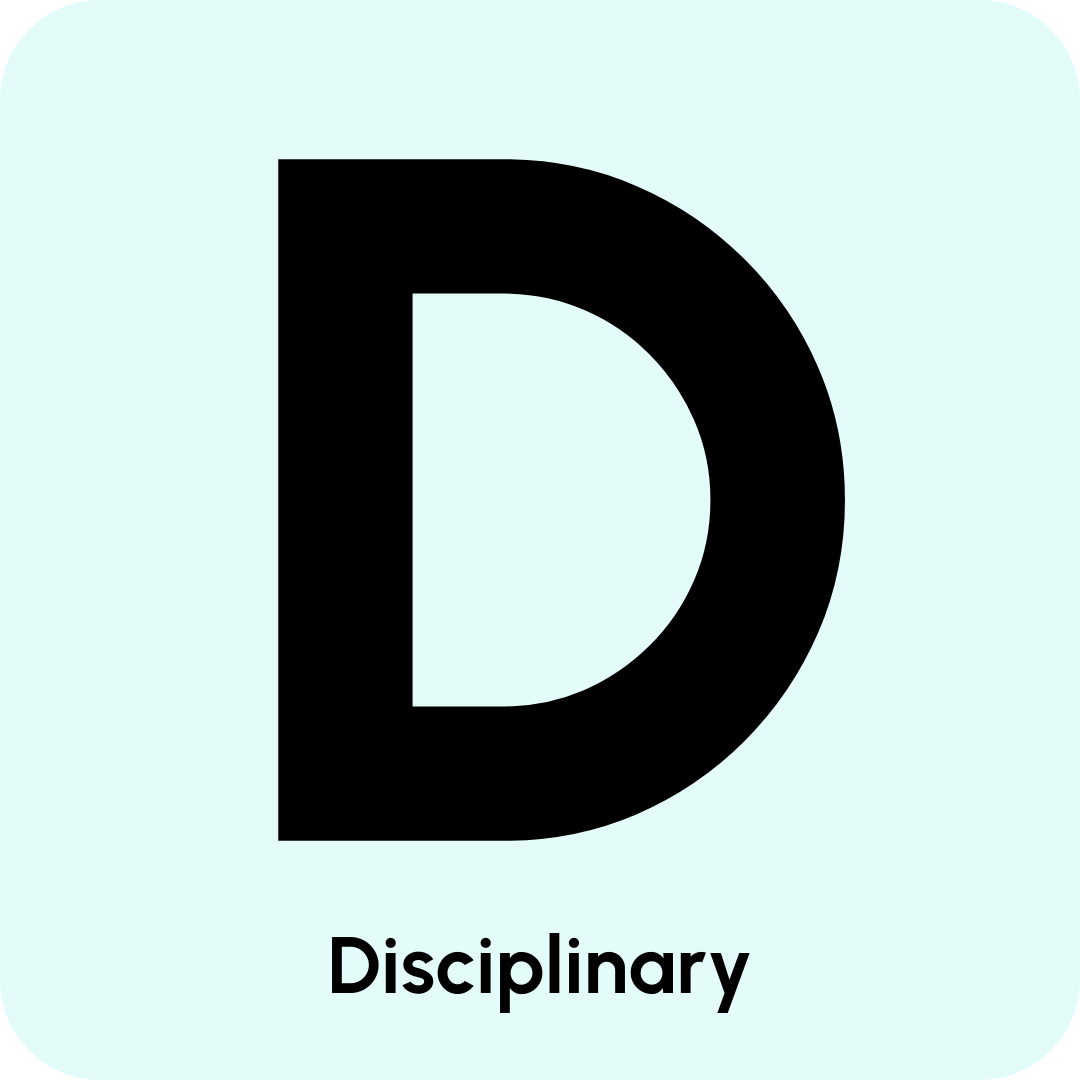Why Disciplinary procedures matter for your business
Employers who overlook or mishandle disciplinary issues put their business at risk.
The consequences can include:
- Employment tribunal claims – for unfair dismissal, discrimination, or constructive dismissal.
- Low morale and productivity – when staff see rules applied inconsistently.
- Reputation damage – mishandled cases undermine trust both internally and externally.
- Financial cost – even winning a tribunal can be costly in time and resources.
Handled properly, disciplinary processes reinforce fairness and consistency, and they send a clear message that standards are upheld across the business.





